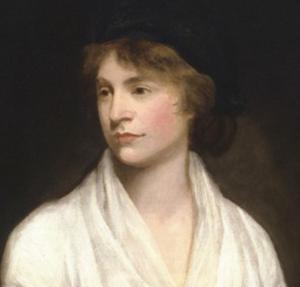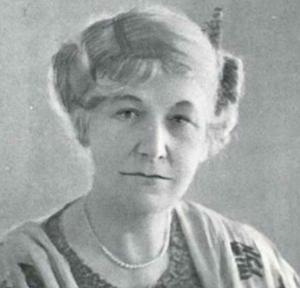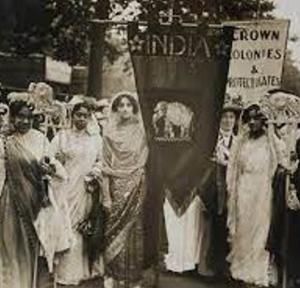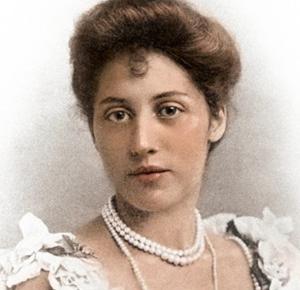
Mary Wollstonecraft (1759 to 1797)
Pioneering feminist writer
When she was young, Mary lived in many places with her family. After leaving home she lived as a lady's companion in Bath before moving to Walham Green (the area around Fulham Broadway today) with her good friend Frances Blood.
To support her family, she ran a school and became a writer. She wrote novels and political works and is celebrated for her 1792 book, A Vindication of the Rights of Woman, one of the earliest works of feminist thought. She died eleven days after the birth of her second daughter who, later, wrote Frankenstein.

Dora Montefiore (1851-1933)
Super suffragette
After Dora Montefiore's husband died in 1889, she became an active supporter of women's rights, and was involved in the Suffragette movement almost from its beginning. In 1892, Dora was living in Clare Lodge, 32 Upper Mall in Fulham.
She went on to work with well-known suffragists and suffragettes including Millicent Fawcett and Emmeline and Christabel Pankhurst and took part in many protests. In 1906, she refused to pay her taxes and displayed a banner across her house saying, 'Women should vote for the laws they obey and the taxes they pay.' Later, she also became an active socialist campaigner and writer.

Lolita Roy (1865-death date unknown)
Social reformer and campaigner
Lolita Roy was born in Calcutta, India, but she lived at 77 Brook Green with her son Indra Lal Roy between 1907 and 1911.
Lolita fought for women's rights in Britain and India which included taking part in a protest at the coronation of King George V in 1911.
During the First World War, in which her son Indra was killed, she set up a charity to raise money for Indian soldiers. She continued campaigning for women's rights and today she features alongside Millicent Fawcett on a statue in Parliament Square.

Princess Sophia Duleep Singh (1876-1948)
Royal suffragette
Although she was born in London, Sophia was the daughter of the last Maharaja of the Sikh empire, and Queen Victoria was her godmother. The Queen encouraged her to be a socialite, but after spending time in India she became an activist and joined the Women's Social and Political Union (WSPU) upon her return to England.
She took part in a number of campaigns and protests, and volunteered as a nurse during the First World War. After the war, she returned to India and campaigned for women's rights there. A film has been created about her life that was shown in Hammersmith & Fulham with the film's writer and producer, Beverley Andrews, in attendance.